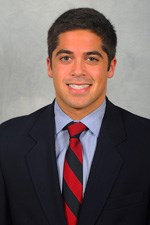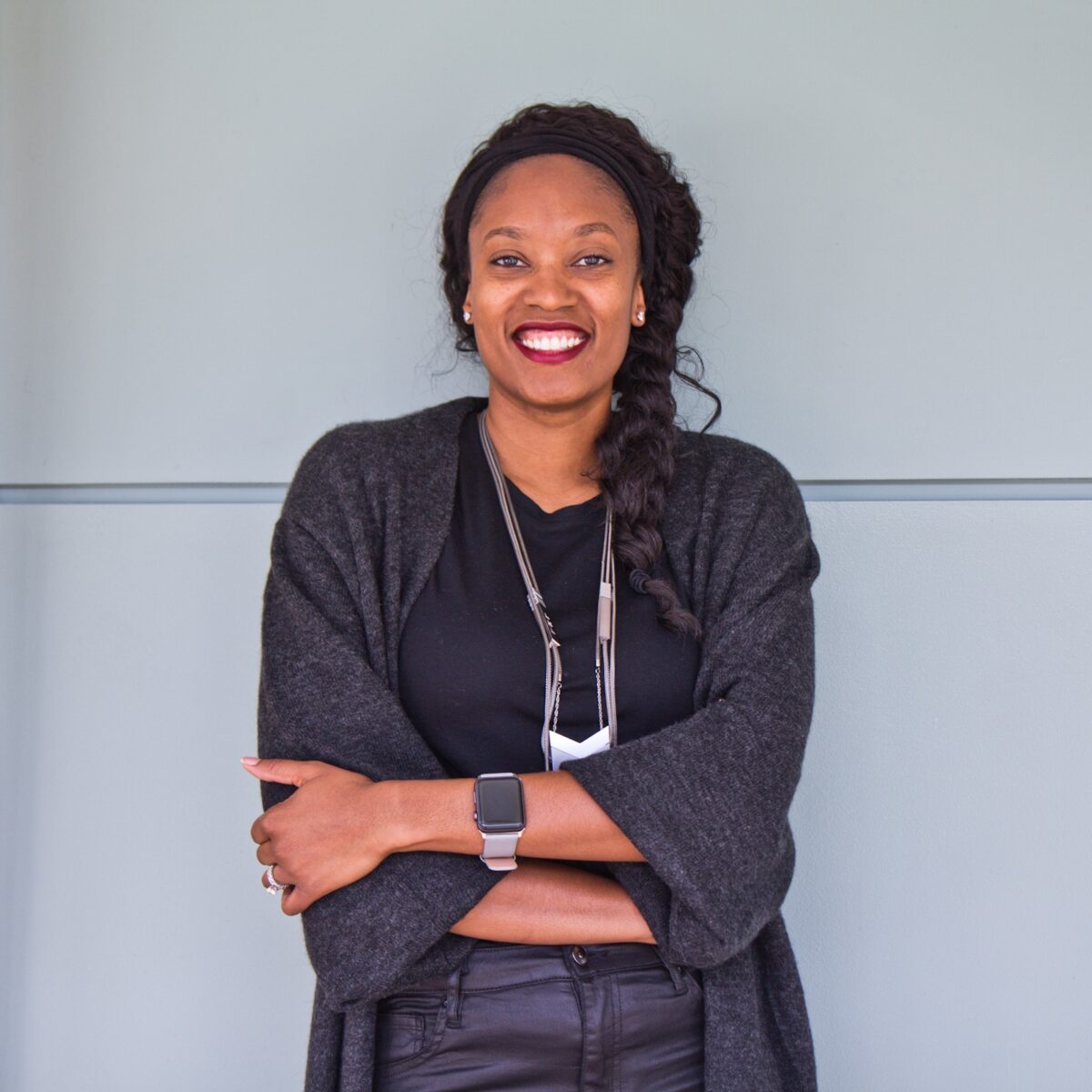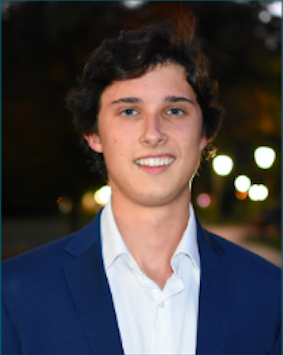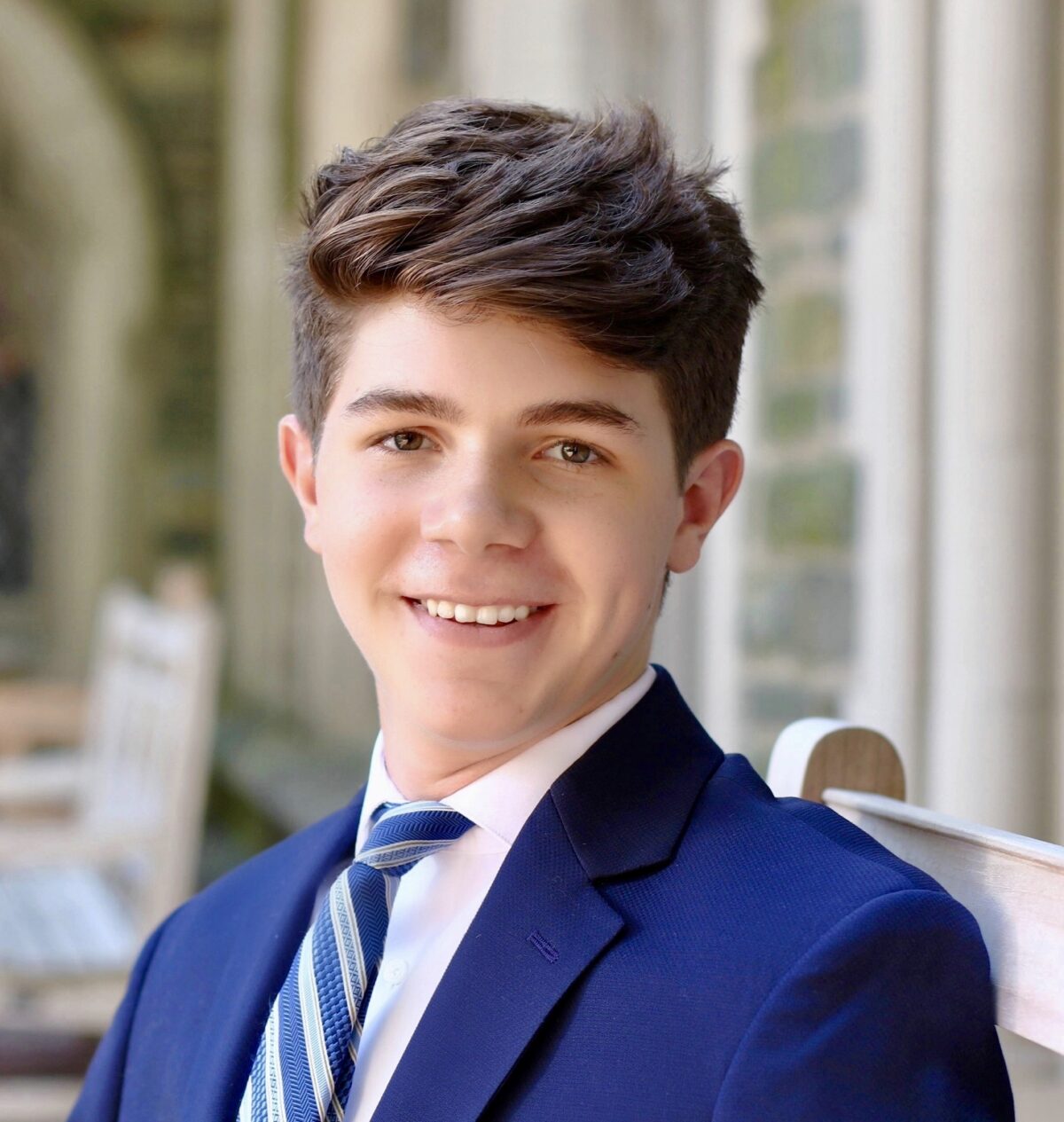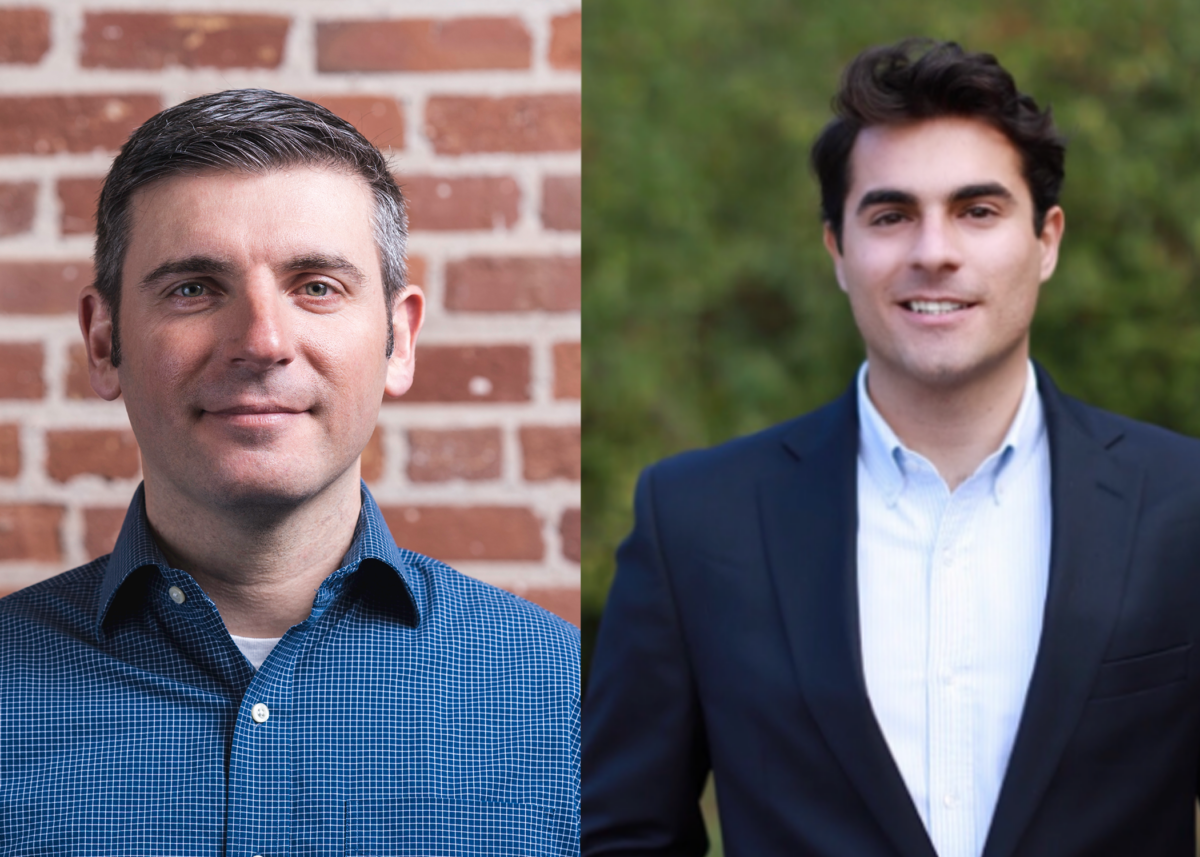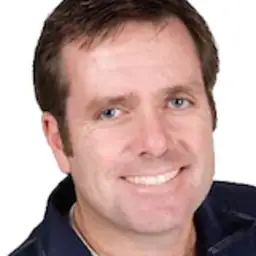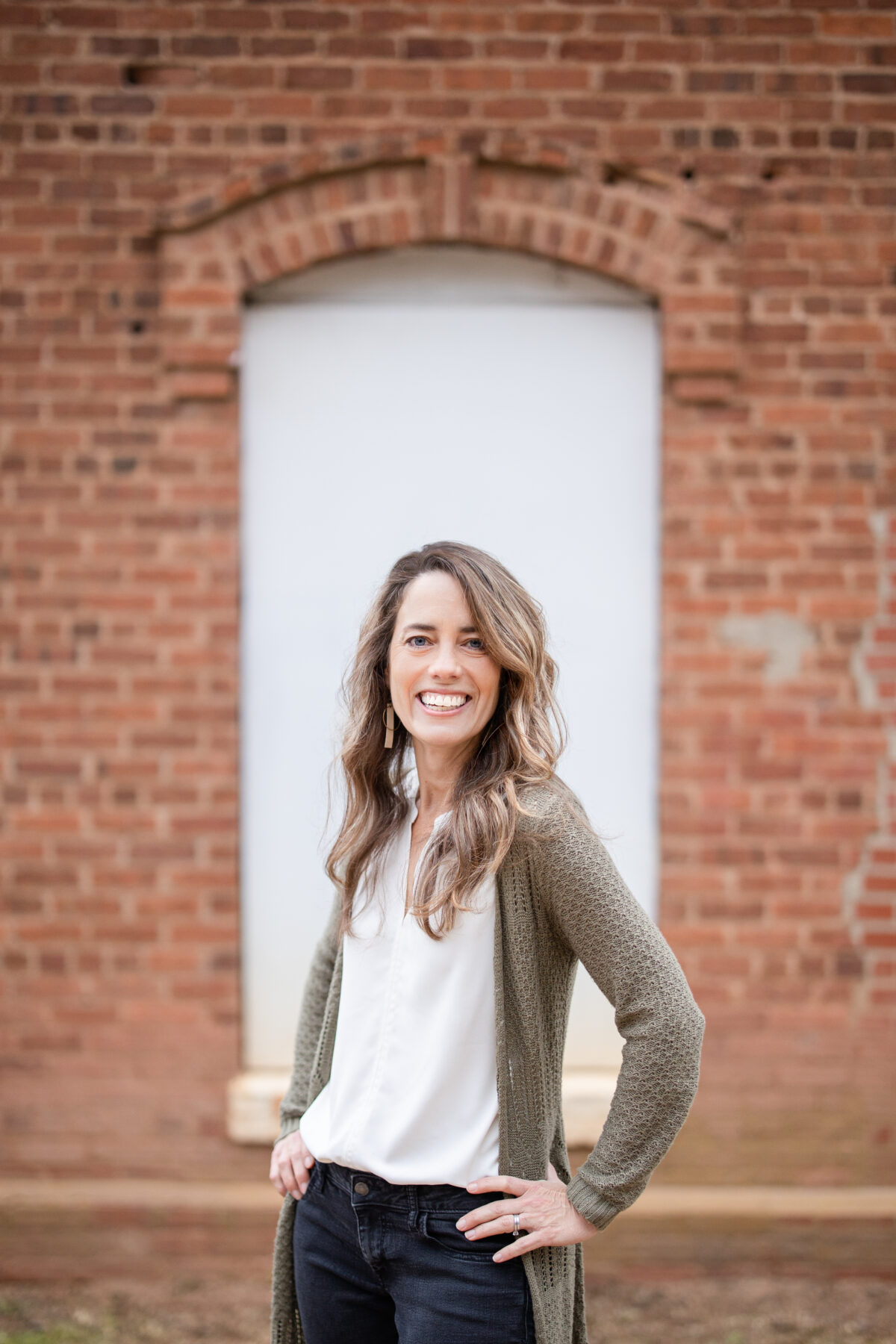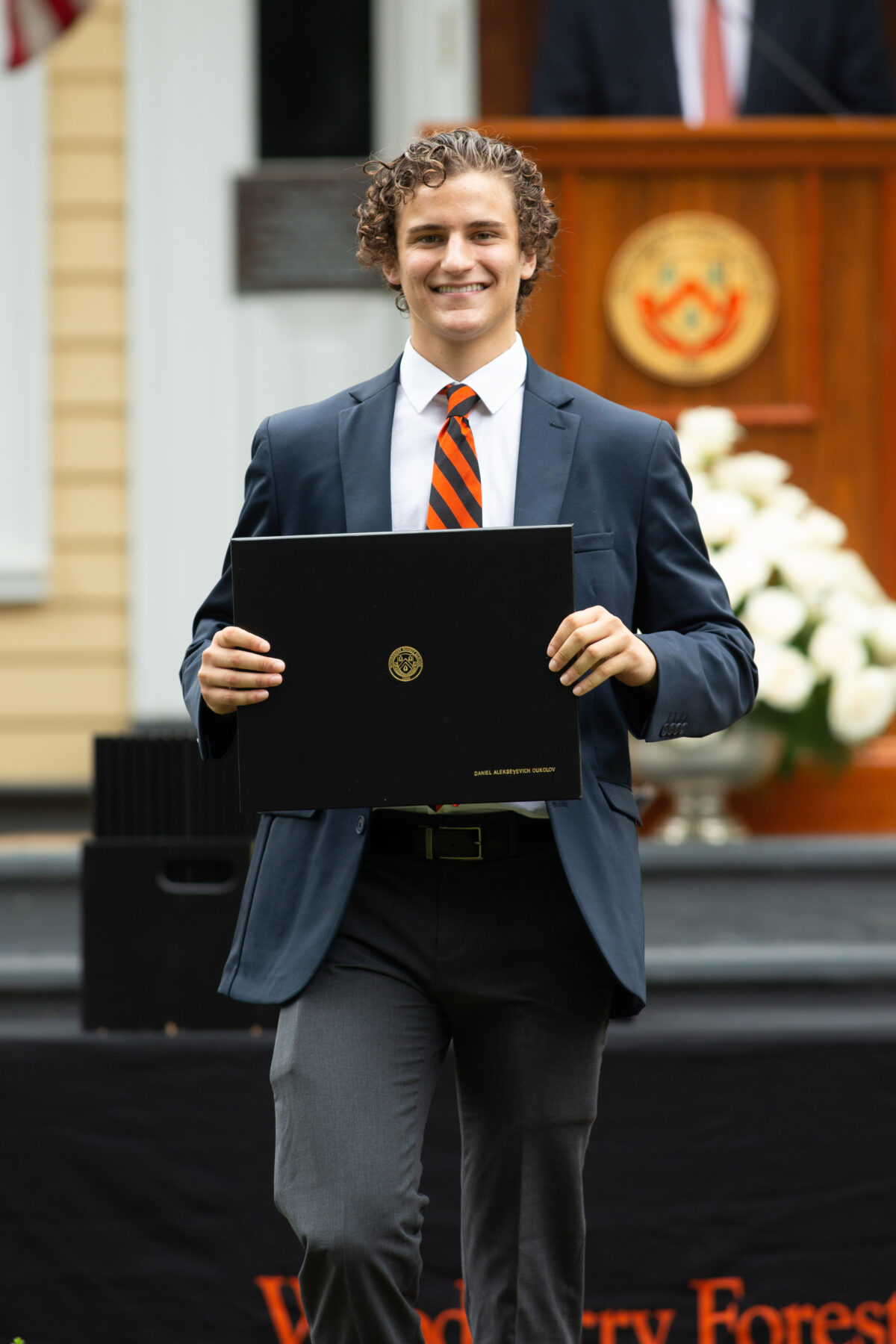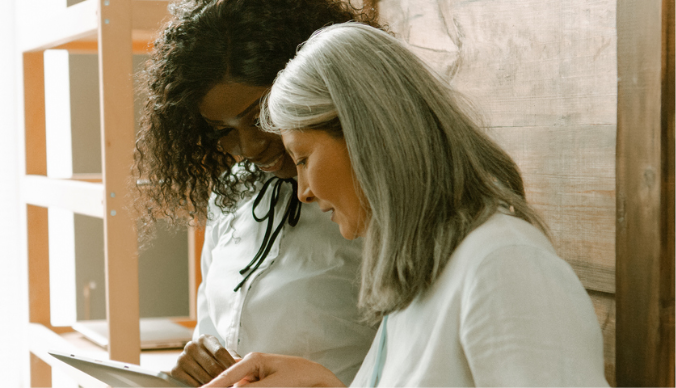A Quick Overview
Coming from a family comprised of half law enforcement and half entrepreneurs, Lee has been two things throughout his career.
- An investigator and a formally trained investigator at that – allowing him to take problems and break them down into their different pieces.
- An entrepreneur – with several small businesses, and learning how to navigate both failures and success throughout those lessons
One of Lee’s crowning achievements in his career took him over to Singapore where he co-founded and ran a cybersecurity company called “Horangi.” Like many, Lee’s plans were disrupted by COVID and he moved back to the United States to be near his wife and stepped away from day-to-day operations at Horangi. Back in the US, Lee took on coaching small businesses as a virtual start-up advisor. Most recently, Lee joined Corvid Cybersecurity as their general manager. Corvid is a US defense contractor, solving the Department of Defense’s hardest problems.
Lee’s career thus far has taught him many things, most notably: being your authentic self is what will get you far. Being honest about what you’re good at and what you may lack is the kind of transparency that’s appreciated in any work environment. Similarly, for budding entrepreneurs and start-ups, Lee follows the Jim Collins line of thinking: “you can only grow your company, as fast as you can find good people.” Surround yourself with good people and you will grow with them.




